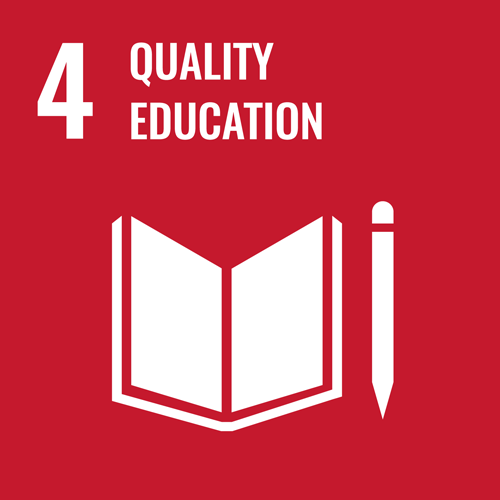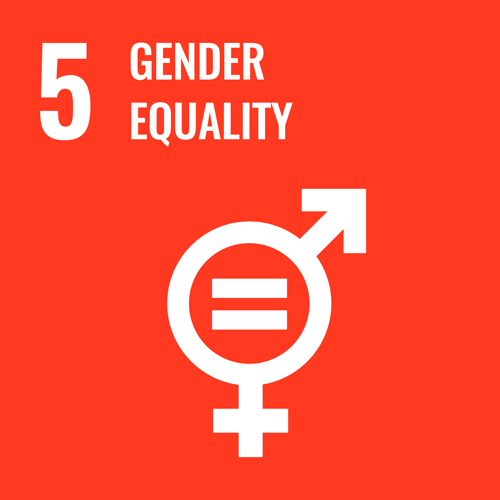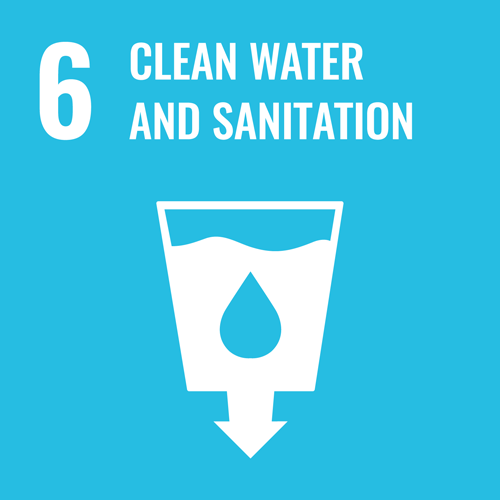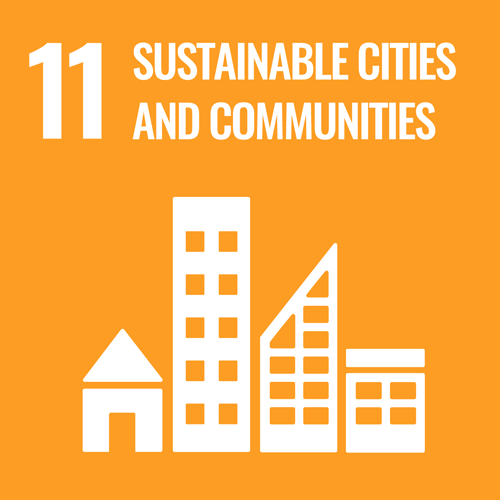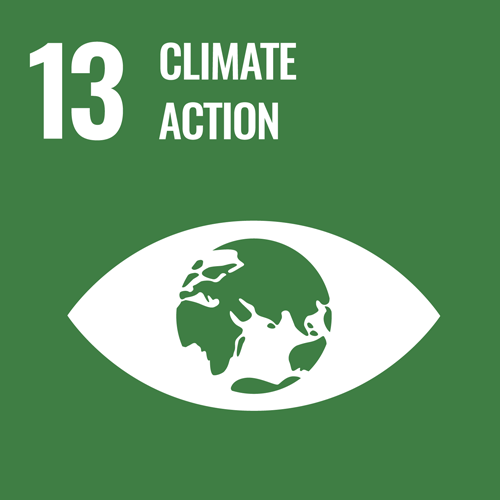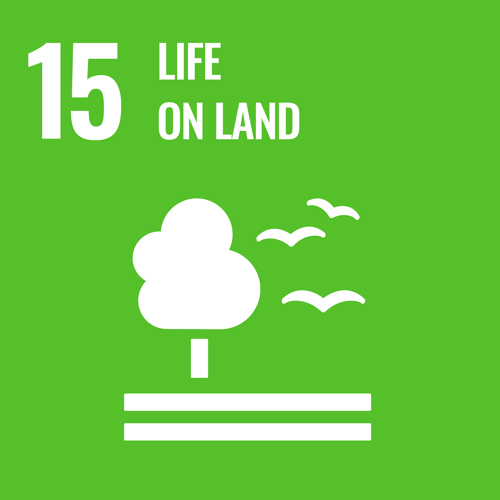The United Nations Office for Outer Space Affairs (UNOOSA) works to promote international cooperation in the peaceful use and exploration of space, and in the utilisation of space science and technology for sustainable economic and social development. The Office assists any United Nations Member States to establish legal and regulatory frameworks to govern space activities and strengthens the capacity of developing countries to use space science technology and applications for development by helping to integrate space capabilities into national development programmes.
Description of Activities on AI
Project 1: Access to Space for All Initiative and Artificial Intelligence
Access to Space for All is a joint initiative of UNOOSA and space agencies, research institutions and industry to offer access to space research facilities, infrastructure and information with the aim of developing technical know-how, engineering processes and infrastructure in the areas of hypergravity and microgravity, satellite development and space exploration and promote international cooperation in the peaceful uses of outer space.
Space technologies, data and applications are key enablers for development, in the same way access to internet is an enabler. Access to Space for All provides access to information, educational resources, tools and research infrastructure and facilities thanks to international collaboration.
The partners of the Initiative are space agencies, research institutions and private companies.
In the framework of the Initiative, the Office organized a webinar covering the use of artificial intelligence applications for space technology development. It aimed at providing applicants to the Access to Space for All hands-on opportunities an overview of what technologies can be incorporated in their projects. The webinar covered hardware and software elements. The webinar had speakers from NVIDIA, IBM and the European Space Agency as well as UNOOSA staff. The Office plans to have a follow up of the webinar this year.
We have continued to work with NVIDIA on artificial intelligence matters and, as part of this cooperation, UNOOSA was invited to present Access to Space for All during the Graphics Processing Unit Technology Conference April 2021 (GTC April 2021).
The objective is to raise awareness about how artificial intelligence can be integrated in space-technology projects.
Project 2: AI and Climate Action Curriculum
The project consists on the development of a curriculum module on the utilization of space-based datasets for the development of AI applications on climate action, targeting girls in developing countries.
Project 3: AI and Climate Action Curriculum
In its resolution 61/110 of 14 December 2006 the United Nations General Assembly agreed to establish the “United Nations Platform for Space-based Information for Disaster Management and Emergency Response – UN-SPIDER” as a new United Nations programme, with the following mission statement: “Ensure that all countries and international and regional organizations have access to and develop the capacity to use all types of space-based information to support the full disaster management cycle”.
A number of initiatives in recent years have contributed in making space technologies available for humanitarian aid and emergency response. Yet, UN-SPIDER is the first to focus on the need to ensure access to and use of such technologies during all phases of the disaster management cycle, including the risk reduction phase which is crucial for reducing the losses of lives and property.
UN-SPIDER works in delivering resources for Member States to facilitate the acquisition and processing of space remote sensing data.


 Register here
Register here
